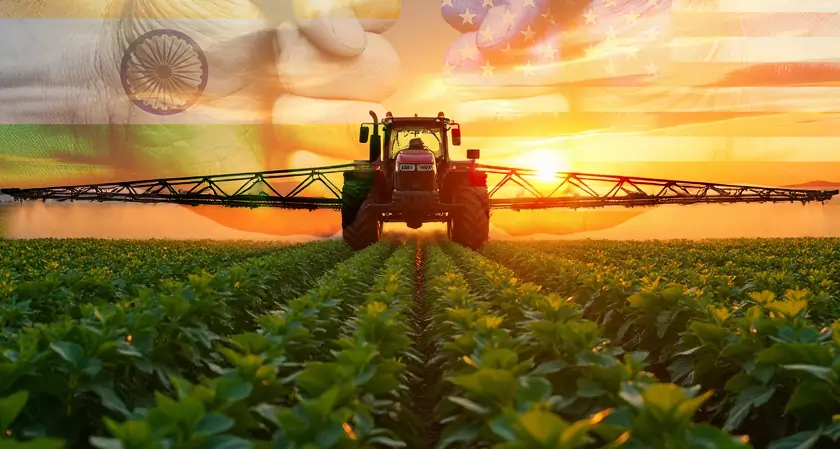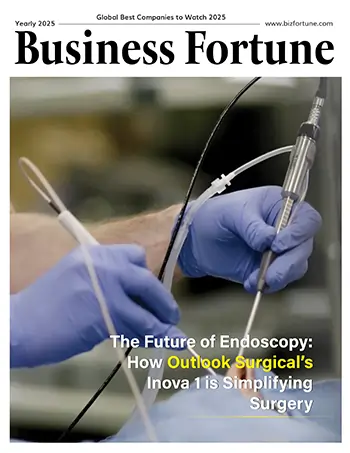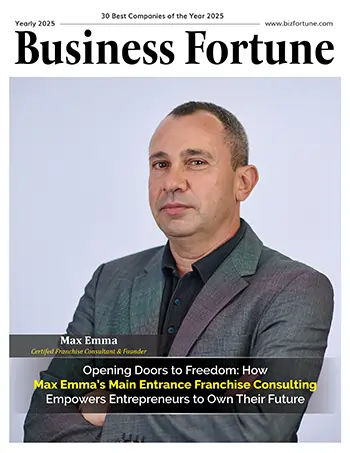Home Industry Agriculture Johns Hopkins Economist Sugges...
Johns Hopkins Economist Suggests ‘Sliding Scale’ Solution for India–US Trade Blockade on Agriculture
Agriculture

Business Fortune
10 October, 2025
When negotiations resumed after tariff disputes, economist Pravin Krishna suggested a phased removal of farm protections to improve trade between the US and India at the 2025 Kautilya Economic Conclave.
An economist from Johns Hopkins University named Pravin Krishna stated that India's concerns about opening up the agriculture sector in bilateral trade agreements are "important" and that a sliding scale of protection that would be withdrawn gradually could be a possibility in talks with the US. During the 2025 Kautilya Economic Conclave in Delhi, Krishna, a Chung Ju Yung Distinguished Professor of International Economics and Business at Johns Hopkins University, told Fortune India that every nation, including India, has its own concerns about issues like these.
Krishna acknowledged to Fortune India that India's agriculture industry is weak. This is a big sector. The industry provides for a large number of impoverished individuals. Additionally, agriculture is a major priority for India. So, how do we deal with this issue? To what extent should farmers be protected?
For a certain time frame, he proposes a sliding scale of safeguards tailored especially for agriculture. He told Fortune India that if they had a sliding scale of protection, they could get into an agreement today and then gradually remove it over the course of the following 15 or 20 years. Everyone will have time to get ready in this way.
The alternative, he added, is to completely exclude agriculture. And discuss everything else. Therefore, I believe that everything is theoretically up for grabs. To engage in negotiation. The government must thus consider how to address that real, economic, moral challenge while carrying out the other tasks.
Following a halt brought on by Washington's 50% tax on Indian imports, which includes a 25% fine for purchasing Russian oil, trade negotiations between the United States and India have restarted. India opposes the U.S.'s demands for increased access to its dairy and agricultural industries. After the cancellation of a visit by a U.S. group in August, negotiations had halted. While thanking President Trump for the peace agreement in Gaza, Prime Minister Narendra Modi said they discussed the status of trade talks and decided to keep in contact, which rekindled optimism.


































